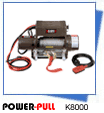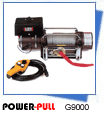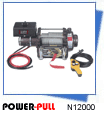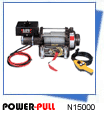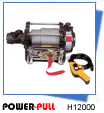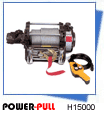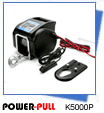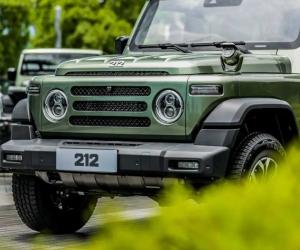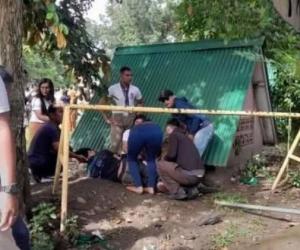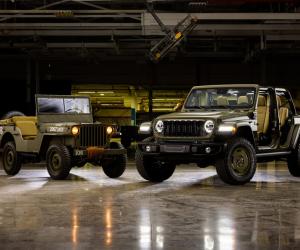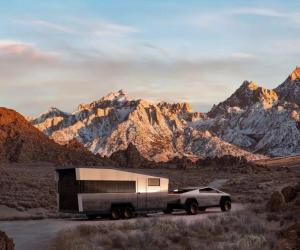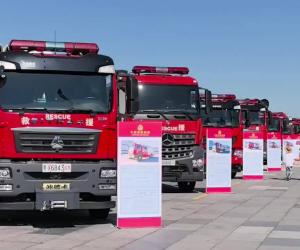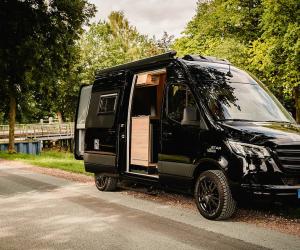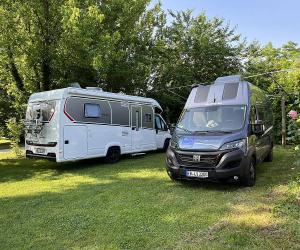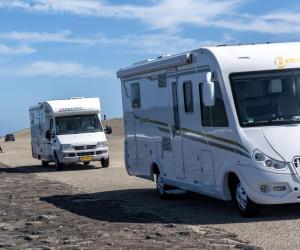汽车露营(Car camping)
Car camping, Caravanning, RV camping... it goes by names, and the experience varies widely, but the use of motor vehicles to get to a camp site is popular in many parts of the world. Unlike more traditional "walk in" camping or backpacking, car camping allows you to bring more equipment, and focus on enjoying the site, cook-outs, day hikes, and other outdoor activities.

Understand
The character of car camping sites varies greatly. Some are rustic and remote, with bumpy two-track roads leading to sites consisting of nothing more than a partially-cleared patch of ground with a stone-circled fire pit. Others are conveniently located, with paved drives and carefully landscaped sites featuring charcoal grills, picnic tables, and electrical hook-ups, with a playground and swimming pool on the grounds. Either of those might be someone's ideal, but still others may be little more than a grassy field or a glorified parking lot, between a motel and a shopping center, a block from a major highway's exit ramp.

Get around
This section focuses on car camping in the United States and Canada. See also Renting a motorhome in New Zealand for information about car camping in that country.
There are a multitude of ways to car camp, each with its own advantages and disadvantages.
Passenger Cars Getting into your own car and heading off on a long road trip has an intrinsic appeal in its simplicity. Unlike larger vehicles, you are probably already familiar with driving your car and know its limitations. For serious camping, though, the limitations of a passenger car are many. Trying to sleep in a parked car seldom results in a restful night's sleep. If you plan to carry a tent with you and camp out, make sure you are camping somewhere it is safe and legal to do so. Setting up a tent on private property or in a town of any size can easily attract unwanted attention. In short, using your car is a great way to take a road trip but seldom in itself a way to "camp".
Car camping is possible if you have a large minivan, SUV, Sedan or Station Wagon with seats that lay down. However remember blankets and pillows are a must. Keep in mind that desert environments can be very hot during the day but freezing cold at night. If you have trouble with bugs getting into your vehicle, with the windows rolled down to allow fresh air in, there are custom insect screens to fit your vehicle available, which can be ordered on line.
Pickup Truck with Truck Top Truck tops, also known as camper tops, are hard shells that fit snugly over the bed of a pickup truck. They are relatively inexpensive and can make for ideal car camping -- one or two people can easily sleep in the pickup truck bed enjoying privacy and protection from the elements. Essentially, you can camp anywhere you can park, and most pickup trucks can easily handle dirt roads or other rough conditions that may be present where you want to camp. Truck tops are usually made to your specific model of truck and are available from many after-market truck retailers. Costs can be from $400 to above $1000. You will probably want to buy a truck bed liner as well.
Camping Trailers A variety of options exist if you are willing to tow your camper, ranging from lightweight pop up tent campers to more durable trailers. You will need a trailer hitch and a vehicle capable of towing - any place that sells camping trailers would be happy to explain the capabilities of your vehicle and install an adequate hitch.
Car Top Campers A new back to basics class of camper is a tent that temporarily mounts to roof rack systems of SUVs, trucks, vans, station wagons, some cars and small off-road utility trailers. These roof top tents typically contain a built in mattress and can store bedding and pillows while folded for travel. With practice, set up takes about 5 minutes. Sizes vary from single sleeper to family sized tents that sleep up to four people. The advantages of these campers are comparatively low cost, compact go-anywhere convenience, easy driving, good MPG and RV comfort sleeping space that often exceeds 7 feet length - nice for taller travelers.
Car Campers A new concept where a car usually a station wagon has storage space under a fabricated bed frame in the rear luggage compartment. It has a permanently made up double bed with access through lift up lids to the storage beneath. It contains all equipment necessary for travelling and camping in camp grounds or in the bush.
Camper Vans Many people also choose to convert normal vans into camper vans. These vans are usually set up with all of the basic necessities of camping. A bed, storage, lights and often times even a kitchen setup. They make a spacious option for car campers.

Motorhomes:
Class A Motorhome Class A motorhomes are based on a bus or truck chassis. They can be either gasoline or diesel powered and are the largest RV's available. The most luxurious models in this category can cost over a million dollars and rival the price and luxury of a "brick and mortar" house. Simpler models also exist; all will at least have a fridge, water system, electrical, and LP gas.
Class B Motorhomes Class B Motorhomes are also referred to as conversion vans. They are generally passenger vans that have been converted for camping or other uses. They are available both from Ford and GM dealers as original equipment. VW has also a small van called T5 California, equipped with gas cooker, sink and fridge. More commonly, vans are available from after-market van conversion companies. Some people like the ability to design their own conversion van, even going all out to make it luxurious and complete with video systems. Some conversion vans have RV amenities like toilets, showers or kitchens but are more compact in design. The cost - often going well over $50,000 - is in the same range as a basic RV. The primary advantage to owning a Class B RV is that it drives like a passenger car and it's easier to navigate on city streets. Some have four-wheel drive which makes it attractive for those who need or desire this added feature.
Class C Motorhomes Class C motorhomes are the mid-sized RV's. They have a distinctive "over the cab design" which will host either additional sleeping quarters or an entertainment center, and the largest can sleep up to 8 people. These motorhomes have electrical systems, LP gas, and water systems. They, like any motorhome or recreational vehicle, can be outfitted quite nicely. Because of their size, it is possible to do a little "off road" camping in them, unlike the larger Class A Motorhomes. Most of the newer Class C motorhomes have slide-outs which increase their living and sleeping space, and most are now equipped with refrigerators, microwave ovens and cook tops. Ovens may or may not be a standard item, depending on the manufacturer and model.

Eat
Fast Food It's everywhere, but fast food on a daily basis is seldom nutritious or satisfying.
Farmer's Markets Great way to get local produce and meet local folks.
Supermarkets Cheaper than restaurants.
Campground stores Many campgrounds have stores in the campground with ice, firewood, and some canned goods.
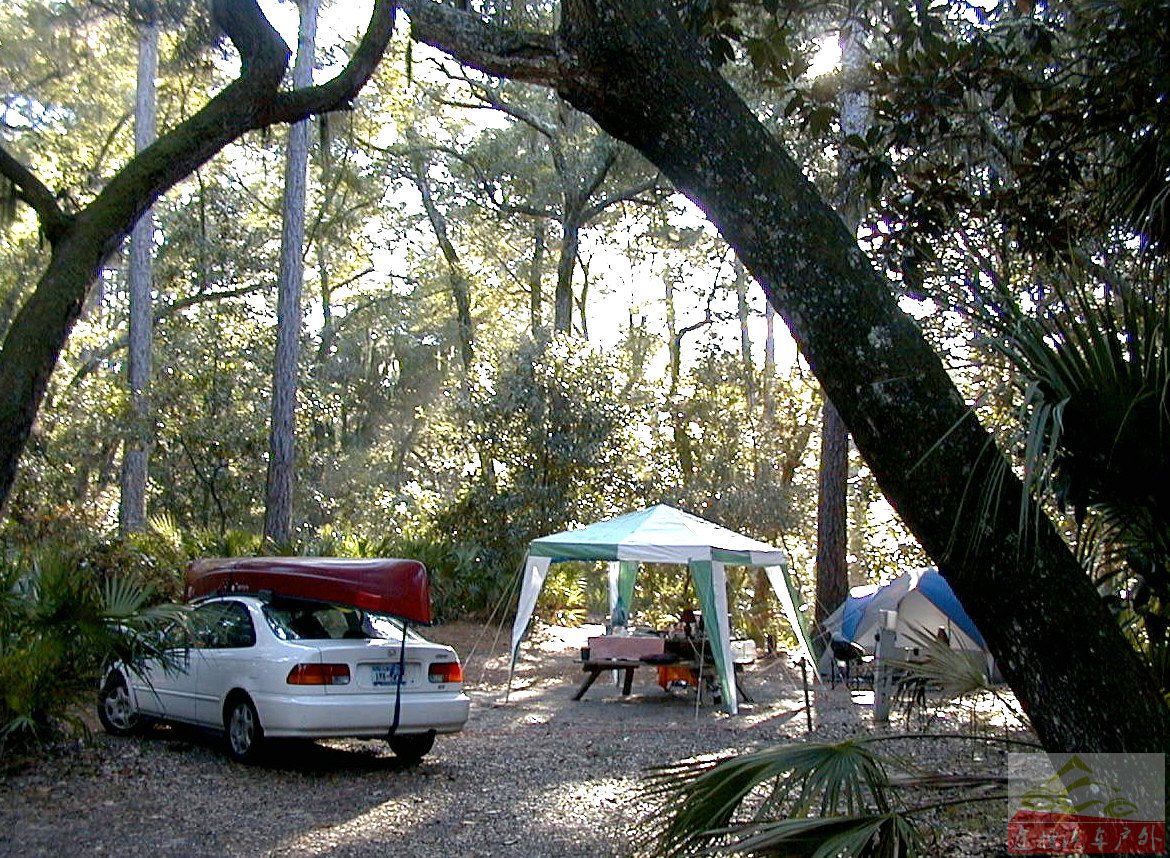
Sleep
Some campers just use their vehicle for transportation, pitching a stand-alone tent to sleep in. Some use it to pull a pop-up trailer/tent or use their car or van as part of the tent or shade structure. Some drive large vans or recreational vehicles to sleep in, which may include many of the comforts of home (on a more compact scale). In car camping lingo, "boondocking" or "dry camping" refers to camping anywhere that RV hookups are not present. How long one can comfortably do this depends on the capacities of your rig's generator, LP gas, water storage, and wastewater tanks.
RV Campgrounds are the most obvious place to camp. While amenities vary greatly with location, virtually all will have hookups for water and electricity, as well as grey and black water disposal. Nationwide chains include KOA Kampgrounds and others.
State parks. Research ahead to make sure camping and/or RVs are allowed.
BLM Land and Federal Wildlife Refuges Most allow overnight camping, just ask the ranger. Great way to bird-watch or spot wildlife at sunrise.
Rest Areas. Usually very well patrolled; some areas have rules against overnighting. However in practice these are usually only enforced to keep vagrants, solicitors, etc. away. Police generally let car campers stay overnight.
Truck stops. Again ask, but almost always allowed. Eat a meal or buy fuel at the stop. Make sure you are not blocking truck pathways.
Parking lots. Use common sense and courtesy here. Many 24-hour Wal-Mart stores informally allow car camping overnight on their parking lots, as do some shopping malls, restaurants, etc. Never stay on a parking lot longer than 12 hours, and try to leave by 9:00AM or when regular customers begin to arrive. Do not use awnings or BBQ. Common courtesy says you should buy something at the store where you are parked or eat at the restaurant.
Casinos Most casinos allow overnight camping or even have full fledged RV hookups. At casinos with RV parks, ask first inside the casino if they have a coupon or other promotion for RV'ers. Sometimes, you can score a hookup for free.
Amusement Parks Great if you plan to go to the amusement park the next day, of dubious value otherwise, and many amusement parks charge for parking. Some also have special areas for RV'ers, call ahead to ask.

Drink
Remember, alcohol and driving do not mix.
Many campgrounds will have drinking water at the site, but you will need to bring your own into primitive sites.
Some campsites have vending machines, perhaps selling soft drinks, snacks, coffee, etc.
Laws regarding alcohol consumption at campgrounds vary greatly; some ban alcohol altogether (either for legal-liability reasons or to placate other campers, such as families with children) while others might have a small bar on the premises. United States campsites can sometimes be strict enough to check your cooler for beer when you arrive.

Work
"Workamping" is an ideal arrangement for those who want to enjoy RV'ing on a full time or part time basis. You may or may not receive monetary compensation. RV parks offer either paid or volunteer positions or a combination thereof. Some will only provide you with a "free" campsite (with full hook-ups), whereas others will compensate you for your hours worked. Those who pay you will charge for your campsite, generally. One key note: Make sure you discuss SPECIFIC job duties and expectations, additional costs such as uniforms and cleaning, and the hours you want to work prior to accepting a job.
Volunteer opportunities also exist - mostly at National or State parks. While the only compensation is usually a free RV hookup, many people report very high satisfaction with these jobs.
Other work possibilities abound for those with "portable" careers - such as writers and artists, or those with careers that afford time off during the summer. For example, there are RVing accountants, teachers, and dentists. Some people combine an enthusiasm for RVs with very prestigious careers. For example, Clarence Thomas, Associate Justice of the United States Supreme Court, is an RV enthusiast during the summer season when the Court is in recess.
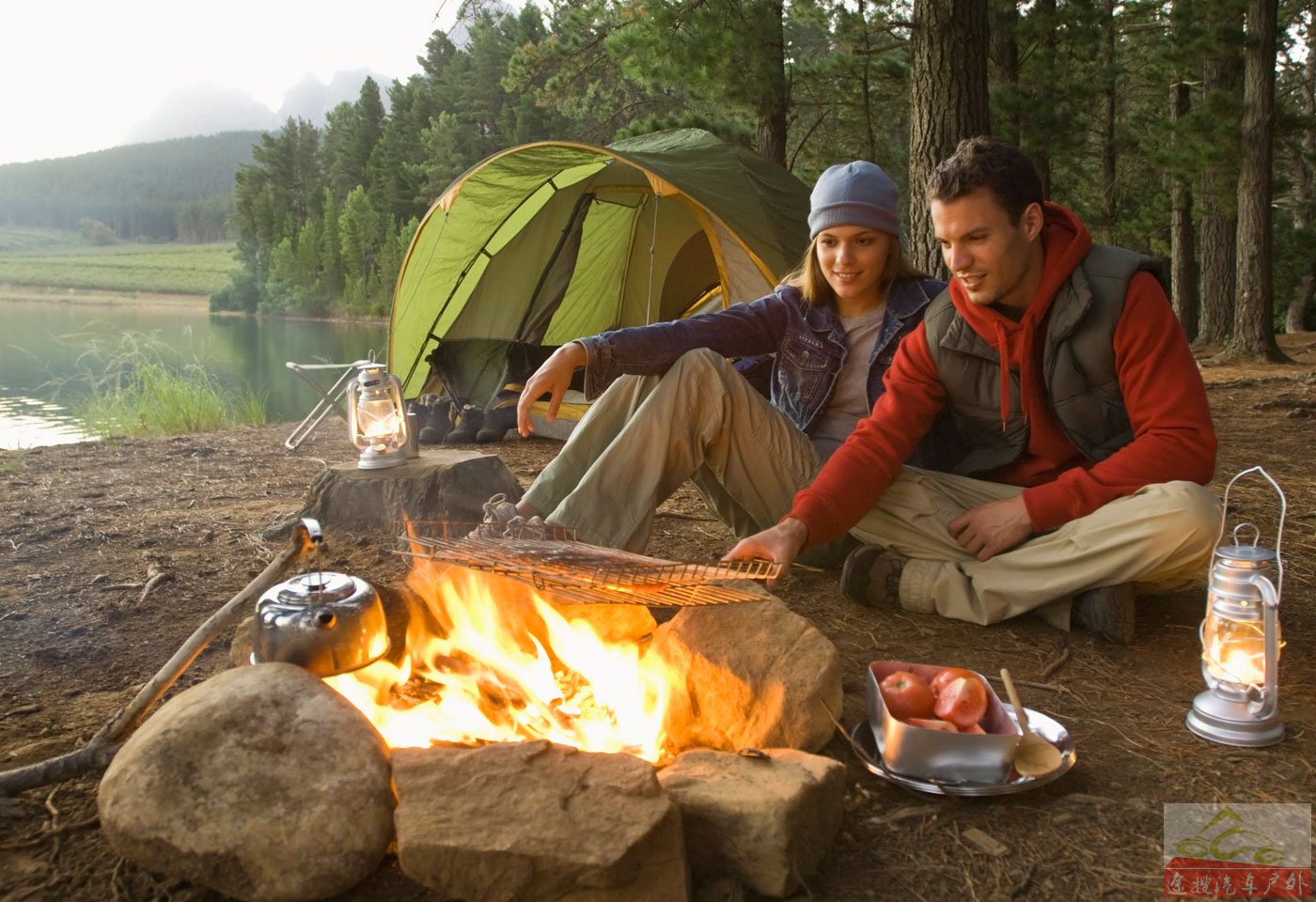
Health and Hygiene
You can often, but not always, expect restrooms (of some kind) at any campground, but facilities such as laundry, telephones, showers, etc, depend on the site; you'll want to find out about these before planning a long stay.
Most YMCAs around the country offer amenities such as hot showers, saunas, pools and exercise equipment. Usually the cost for a non-member day pass is around $4, but if you hold a membership, you can use any of the facilities at any location for free. This includes fitness classes such as Yoga and Kickboxing.

Stay safe
Try to arrive at your overnight site well before sundown. Not only is this common courtesy at RV campgrounds, where others may be sleeping, but in the dark you may not notice obviously bad places to camp (such as an area littered with broken glass, or in front of a farm gate).
As much as you might like to believe that anyone who shares your love of the outdoors has good enough character to respect your belongings, you do have to take precautions against theft. Keep money and other such valuables with you whenever that's practical, and locked out of sight in your car when it's not. Don't leave items (even inexpensive ones) sitting out in plain view when you leave the site.
Downtown areas of cities are almost never good places to car camp.


